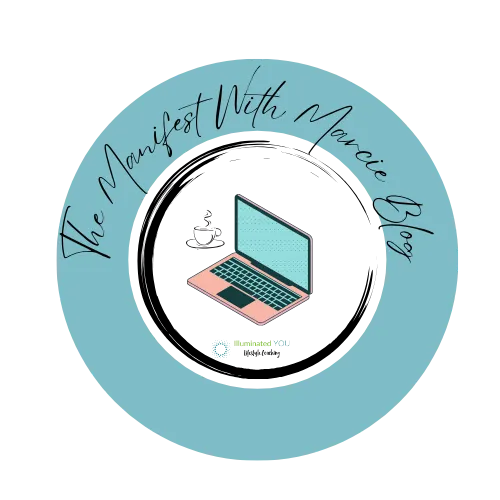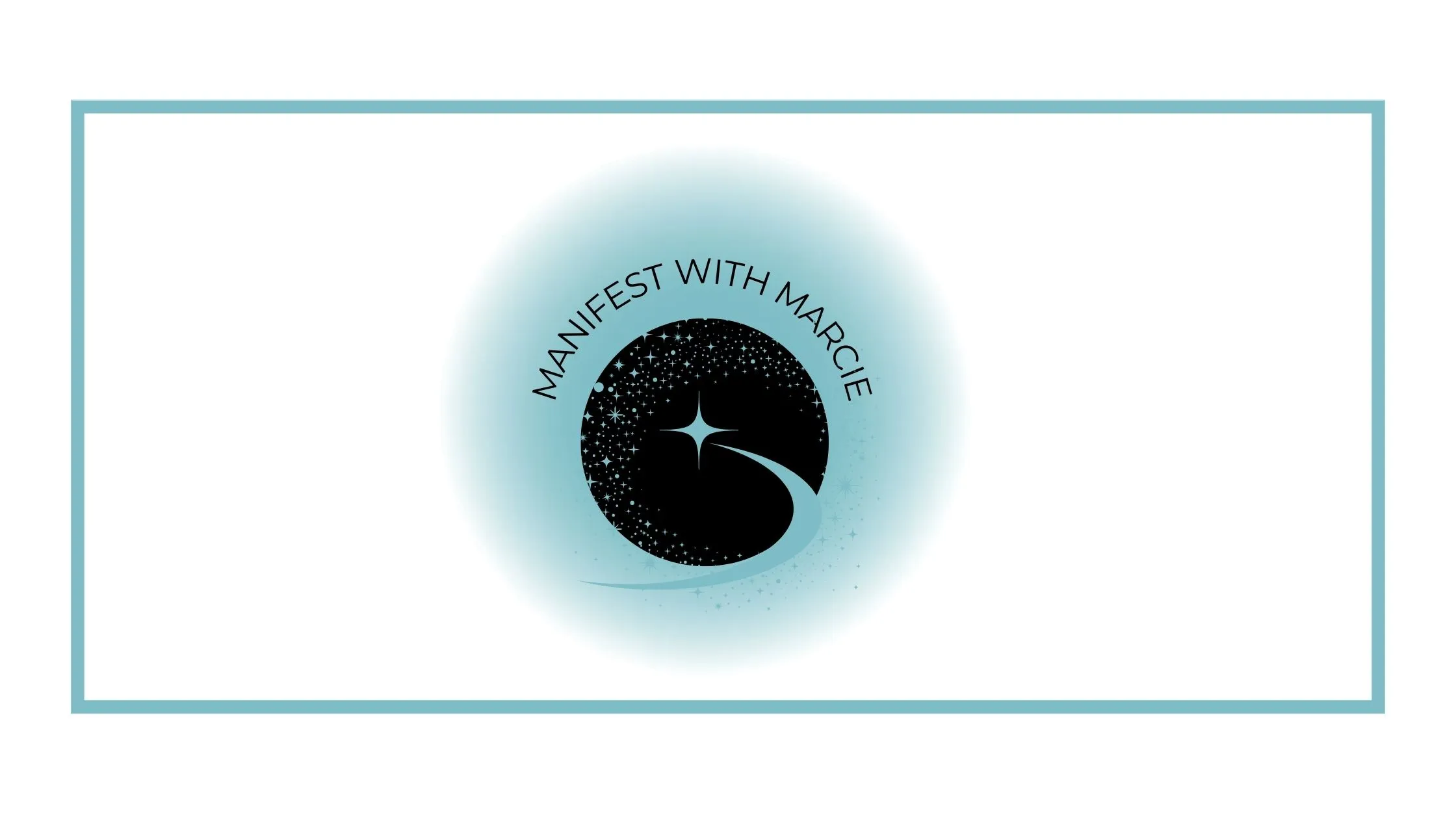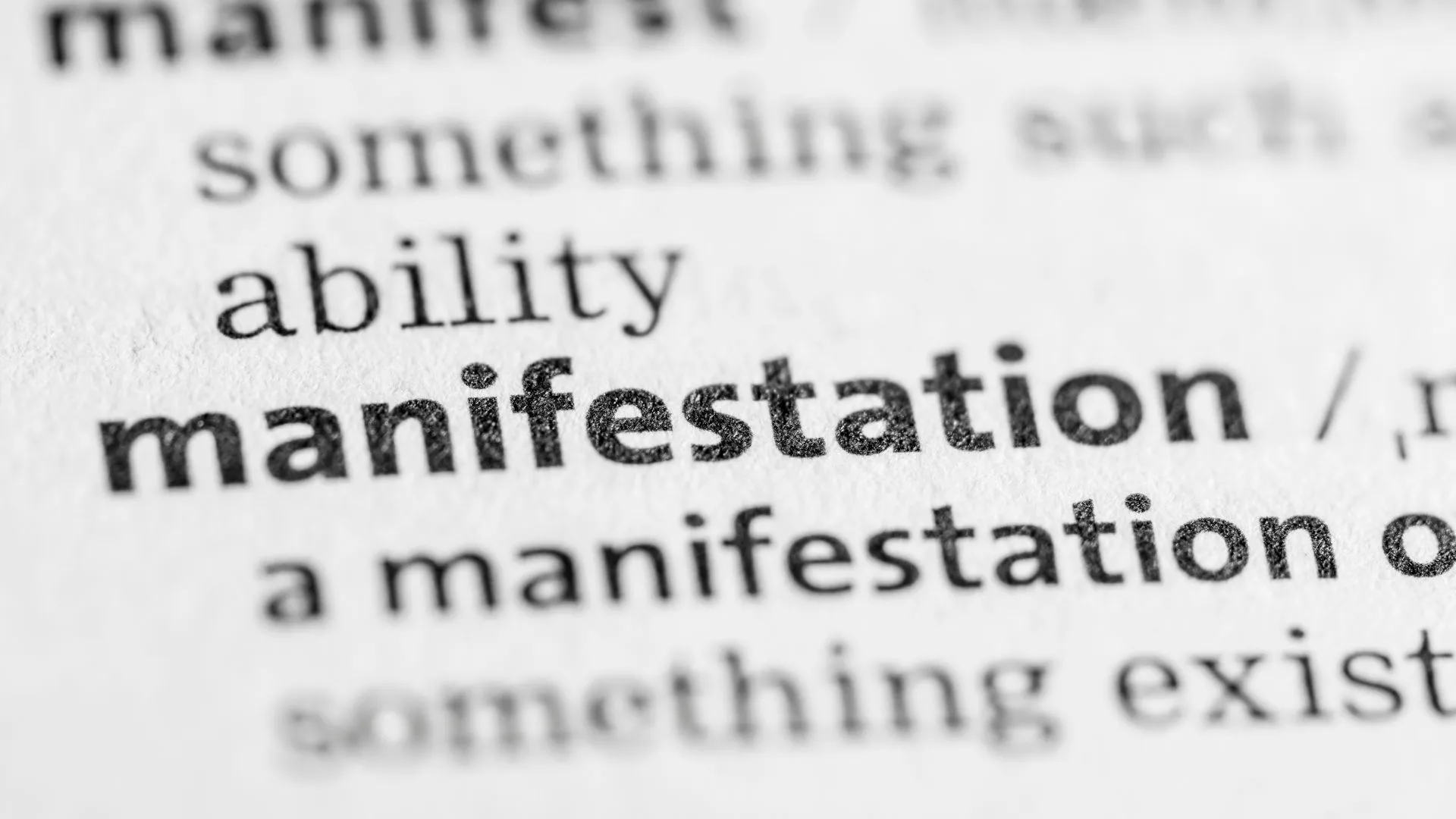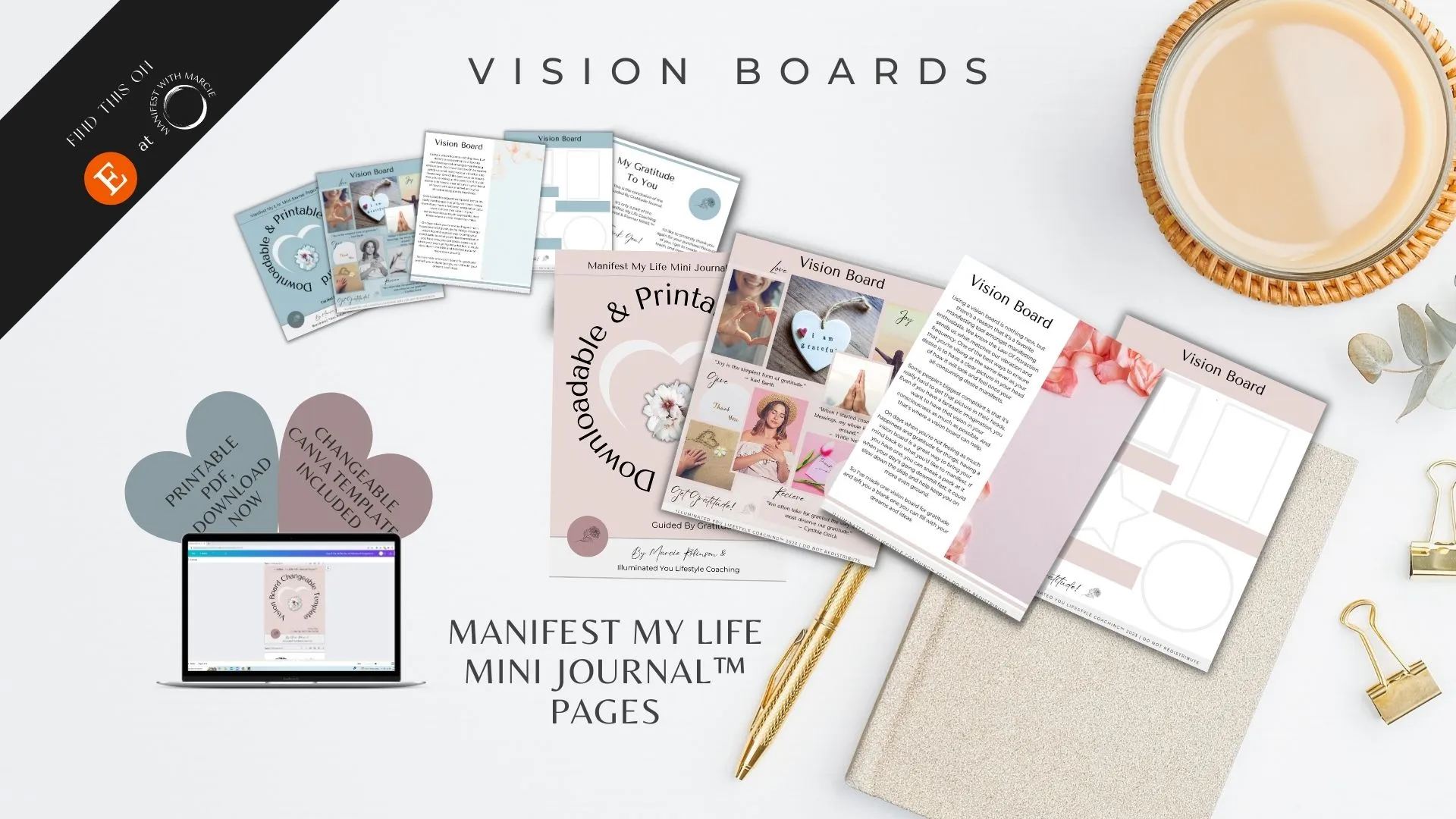MMP Episode 27 How Your Self-Talk Is The Ultimate Self-care Remedy
.png)
I'm sure that you've noticed, as I have, that self-care is a big topic today. Between worries about our environment, money, family, work, social media, and 24-hour news availability, humans are more stressed than ever. I swear that every time I go on Facebook, I see more and more about health issues, be it physical or mental health, not to mention my friends' emotional lives. The stress of life has always been there in some way, shape, or form; that's a sure thing. Another sure thing is that eventually, some sort of it will take its toll on us. It's not fun to think about, but understanding it's out there and it can affect anyone can at least help us be more prepared when it comes knocking at our door.
In case you're wondering how this leads to a conversation about the Law of Attraction, it's evident to most LOA enthusiasts that our best prevention and ultimate cure is knowing that we create our own realities. Truly understanding that universal forces have a hand in the shaping of our lives allows us to relax and make choices that lead to better circumstances. Does it mean there won't be challenges? No, of course not; there are lessons that we're supposed to learn from and ones that we can avoid. And learning how to use the knowledge of how forces like the LOA can help us takes some practice. But it's certainly better than many of the alternatives out there.
So since we're talking about the LOA and self-care, let's bring self-talk into the conversation. It's so important to get this right. It's easy to fall into the trap of beating up on ourselves when we make a mistake or things don't work out as we'd planned. As a recovering perfectionist, I can tell you I've been buried in that trap, and it's hard to get out. And it's not only that it doesn't feel good that you may want to avoid the negative self-talk. It's that enough of it can and often does bring about stressful circumstances. Let me tell you about a client experience that illustrates this point very well.
Recently I was speaking with a client who wants to be called Nancy for this episode. Nancy came to me out of desperation and often found herself filled with anxiety, especially when it came to her work. In the last year, Nance started her own business with her serious skills, and she works from home now. But things are different. Not just with her work situation but the way she works too. All of a sudden, this smart, professional woman finds she has a hard time keeping on task. Distractions are a daily part of her workday, and they always were, but the types of things that draw Nancy away from her work have changed significantly. The difference between her distractions and other people's distractions is that her focus changes completely when something else comes along to take her away from what she is doing.
It wasn't always like this for Nancy, and she couldn't figure out what was going on. For years she had a position in a sought-out company in her field of work. Her bosses were always happy with her productivity and the quality of her work. The reason she left was that she wasn't happy there. Even though she made a fairly substantial income, she longed to spend more time with her family. Nancy's work hours had been crazy, and it caused a strain in her relationships. Her husband suggested she start her own business. So why, she asked me, when she finally dares to leave her job and create something of her own, is she finding herself not able to work to the point that she's starting to feel panicked about it?
When I asked Nance what tends to bring on her anxiety, she said it's because she says she hates doing nothing. On the other hand, she spends a lot of time doing nothing and avoiding her work because she can't move from one task to another seamlessly. It's like when you go to check out something specific on the internet and get sucked into a portal. There you are, watching everyone else's adorable pet in a viral video. Eventually, you can't remember why you were on the internet in the first place.
Nancy feels guilty and beats herself up each time it happens. She feels like she's not doing her best work because this is a daily thing. That stresses her out even more. Then she falls behind in her work. She can't seem to escape the circle that is work, interruption, loss of focus, anxiety, belittling herself, more stress, loss of more time, etc. One thing feeds into another, no matter how she tries to focus or ignore the distraction. I asked Nance what she was saying to herself when she allowed the interruption to take over too much of her time. She says she calls herself a dummy, a terrible business owner, a negligent mom, and a useless wife because her work is supposed to be creating income. Even though she has a small portion of her savings left, she's worried her husband will be shouldering the entire income situation in her family very soon. She's not earning nearly enough right now to help much with the bills, and she worries she'll have to go back to the previous job where she doesn't want to be. Hearing all this made me feel like crying for her. When I asked Nancy if she'd say those things to her old bosses, she was horrified at the thought. Her answer was no, of course; she'd never say anything like that to a boss. I asked her how she felt in general, and she said she was tired and cranky with everyone because she hadn't been sleeping. She's been lying awake at night thinking about how it's going to be to have to go back to her old job. It was clear to me that the barrage of negative self-talk was hurting her day-to-day professional and personal life.
My client thought she needed more accountability. The change was too much for her. She figured if she had someone telling her what to do that it would solve everything. I wasn't so sure she needed another boss. This woman is more than capable of being in charge of herself. Instead of focusing on concentrating more or putting better systems in place, I suggested she change the way she talks to herself. She didn't understand how that was going to help, so I explained how the LOA works and that how someone feels is, in part, brought about by the way we think about and speak to ourselves. Nancy came up with a few positive phrases that she can repeat when those darned distractions come along. She chose simple things to let herself off the hook a little bit during tough moments. Like;
"It's okay that I got distracted for a minute."
"I'm ready to get things done now."
"I'm doing this for my family and me."
Nancy wasn't convinced this was going to work when our call ended.
Now, she's been using the "more positive self-talk strategy" for a couple of weeks. During our most recent coaching session this week, she told me that something unusual had started to happen. She used the phrases she came up with, and she's not getting pulled away from her work like she was before. She's been getting more work done during work hours now. She's catching up with her tasks. In turn, she's also sleeping better, and she's less prone to freak out when distractions happen. She's slowly finding her way to being more organized and using her time more efficiently. It turns out that by being accountable to herself, not to her husband, her kids, or a boss; Nancy's been making progress. That started when she accepted that she was the boss now. She's begun treating herself as she would if her boss was somebody else. The more positive statements helped her do that; they took the edge off when she felt stupid for making a mistake or ended up using too much time on something that wasn't so productive. Nancy said it was so simple that she'd never have thought that something like that could work.
Self-talk surely is a way to practice self-care. Just because there are a lot of things to do doesn't mean that we should forget about taking care of ourselves. It's a prerequisite to tackling the items on our to-do lists. If we aren't getting what we need to be our best, we won't get things done, and we won't be making the type of impact we'd like to make in our world.
Being kind and gentle in the way you speak to yourself paves the way for you to allow good things into your life. It can keep you motivated and keep strain and tension at bay like it's doing for Nance. Think about how the LOA is supposed to handle the energy you send out when you say something to yourself that you'd probably never say to someone else in that situation. We can talk ourselves into eating those veggies or taking a walk. Why would we need to wait for someone else to tell us to do that? Just like we shouldn't need someone else to point out that a mistake is just a mistake, and maybe it's not such a big deal at the end of the day. It may seem like a small thing, but it has a snowball effect. It can cause avoidable issues like it's been doing for Nancy.
So, the next time something negative pops into your head about what you did or the way you handled something, have a phrase that erases some of the tension of your self-acknowledgment. I'm not saying you shouldn't take responsibility. Of course, you should. I'm just saying accept that you made a mistake, accept the current state of affairs, and look for any answers that you need to show up. Stop berating yourself for what's already happened. Turn things around by looking for better ways to motivate yourself with positive words that lead to other positive things.
That's it for this episode. Remember that when you get your shine on, the world's a better place for everybody.
NOTE: In this episode, at the end, you'll hear about the Powered UP Membership. Since the time of recording, my membership has changed to be called the Rise Manifesting Membership. You can see more about different levels of contribution here:















